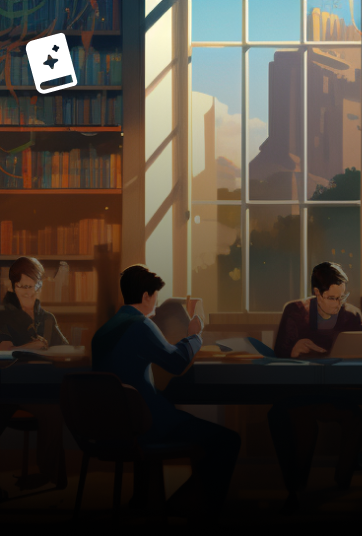
Lost at Sea
Ratings44
Average rating3.9
Lost at Sea is a graphic novel by Bryan Lee O'Malley, creator of the Scott Pilgrim series. First published in 2003 by Oni Press, it tells the coming-of-age story of a shy 18-year-old girl named Raleigh, who believes her soul was stolen by a cat, and the road trip she takes across the United States with several kids from her school that she barely knows.
“Lost at Sea (Comics).” Wikipedia, Wikimedia Foundation, 17 Aug. 2017, en.wikipedia.org/wiki/Lost_at_Sea_(comics).
Reviews
Popular Reviews
Reviews with the most likes.
thin narrative, but damn if it isn't a near-perfect example of comics making from its era. everything i wanted it to be.
I got tired of the angsty main character very quickly. The art is nice, the story is solid and the book had its moments. But it felt like it was trying too hard for some deeper symbolic meaning that just did nothing for me.



























